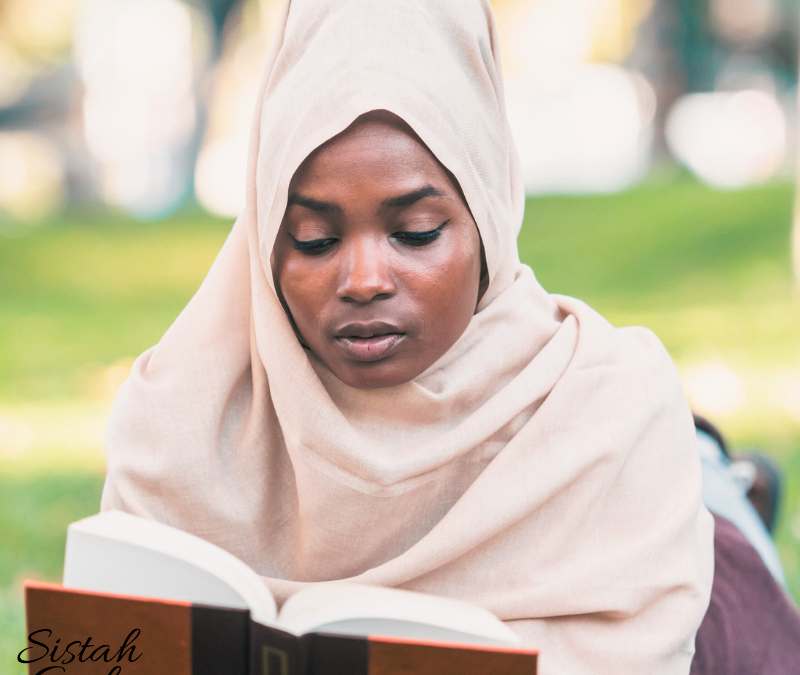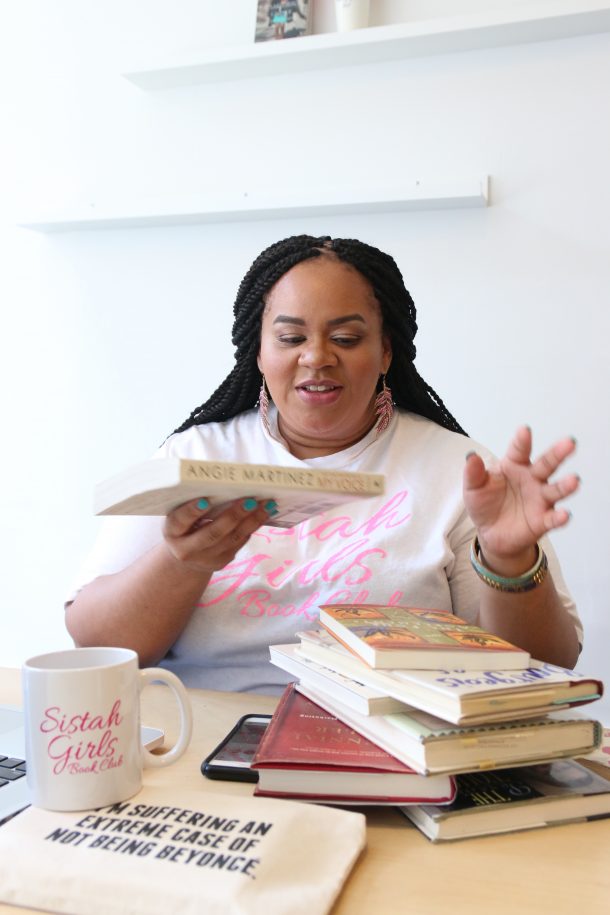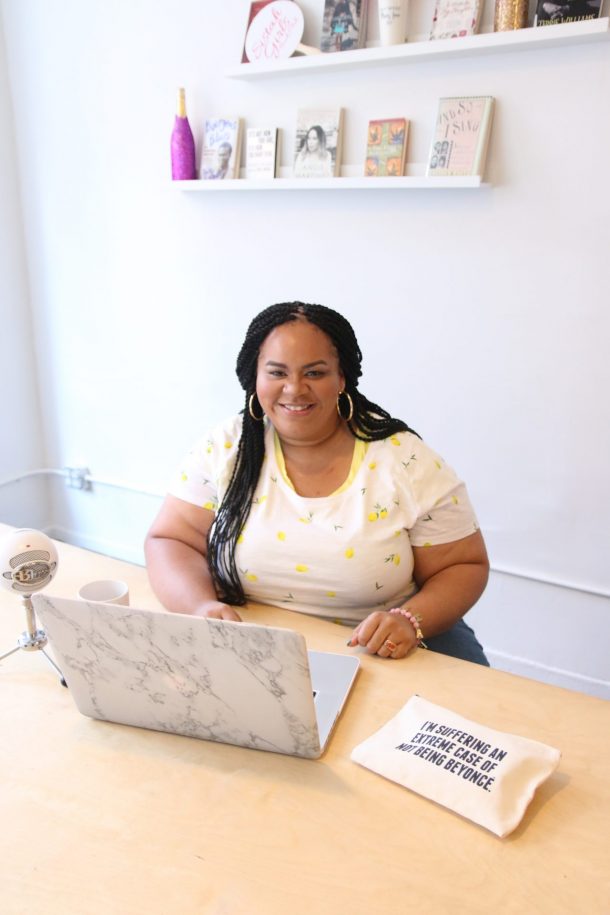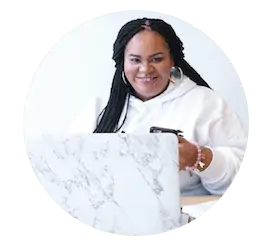7 Classic Books by Black Authors
Sistah Girls, in the American public school system, there is no set list of Black classic books that we must read (although there should be), however, we do have them.
Our Black classic stories provide community, wisdom, and they build a legacy for the authors. It is a confirmation of contribution to literature, a tradition for younger generations to draw on, and documentation of the past.
Here is my list of classic books by Black authors that you must read or reread…
Richard Wright’s Black Boy
I love, love this novel! Richard’s character for me is just refreshing, equal parts mischievous, daring and witty, a total package really.
My first experience with the novel was an excerpt in a comprehension passage: the scene was from Richard’s interview for the position of domestic help, and the white lady asked Richard the dumbest question, “Do you steal?”
Of course, Richard laughed in her face and told her that if he did steal, did she really think he would answer in affirmation? Like are you kidding me! Anyways, Black Boy is an expose, a reflection of the reality of a Black child growing up in the pre-civil rights era.
Toni Morrison’s The Bluest Eye
I recall Morrison’s statement in an interview about The Bluest Eye, she said she wanted to use the story to show that internalized oppression is just as bad, through the minds of children. So, we meet Pecola, a young black child in the 1940s who prays for blue eyes to make her beautiful and feel loved.
It is a moving story, beautifully written from the eyes of Black children to show you the world they live in and how that world shapes the adults they will become. However, I think the win with this story is that it makes you understand basic phenomena through the eyes of a child, which is both beautiful and innocent.
Zora Neale Hurston’s Their Eyes Were Watching God
“Two things everybody’s got tuh do fuh theyselves. They got tuh go tuh God, and they got tuh find out about livin’ fuh theyselves.”
Oh, where do I start with this novel! For starters, I’m Nigerian so I did have some problems with reading AAVE in the novel, but it was no deterrence at all. In other words, I enjoyed Janie’s story, could relate to the search for love and the bumps you meet along the way.
I have to say this, one of the main things I appreciate about this novel is how it depicts oppression as a fact of life for Black people, and Black women particularly without commenting on it, allowing the reader to see it more glaringly.
Hurston’s primary focus was on Janie’s love story, rather than a sole focus on racism, which gave contemporary Black women writers like Terry McMillan the freedom to write about Black love.
Ralph Ellison’s Invisible Man
If there was ever a name to describe the life of Ellison’s nameless protagonist, (borrowing the name of a character in Ted Demme’s movie Life), it should be Can’t Get Right.
Despite his best efforts, happiness, and fulfillment seem to elude him. This novel is heavy stuff; I love how Ellison’s mind works in giving us a gripping description of life from the lens of a young Black male in a society rigged against him.
This man is hounded by stereotypes that exploit him for his supposed sexual prowess and limit his achievements, kinda makes you recall the importance of songs like “U Will Know” by Black Men United. Finally, I love the escape that the protagonist uses, writing (and from one escapist to the other, as per novel reading, Sistah Girls, we totally get it).
Terry McMillan’s Waiting to Exhale
Yes, yes, the movie was and still is a hit, but the novel is lit! Sistah Girls, you know that no movie adaptation beats the real thing. I was enthralled by Savannah, Gloria, Robin, and Bernadine’s stories. I think the title in itself captures how a lot of Black women feel about searching for love, “Here’s to finding genuine happiness and peace of mind.”
Of course, I enjoyed the friendship goals of all four women and looking up the various old-school Black artists referenced in the novel like Rick James, Minnie Ripperton, and Smokey Robinson. McMillan’s novels gave credence to the representation of the successful, single, Black, women in novels.
James Baldwin’s If Beale Street Could Talk
Baldwin takes us through the dimensions of the “I’ll-always-be-there for you” love through the romantic love story of Fonny and Tish, and, the love among their family members.
Fonny and Tish’s love story is one that is all too familiar in some Black communities. Evidently, a Black person is up against a failed justice system, but the novel takes its readers beyond the news of yet another unjustified arrest of a black man. It takes us home with the victim’s loved ones and shows us what their time looks like too.
When a person we love does time in jail or prison the entire family serves that time too. “I hope that nobody has ever had to look at anybody they love through glass.”
Maya Angelou’s I Know Why The Caged Bird Sings
The phenomenal woman’s novel debut was a bildungsroman if I ever saw one, quite important in its chronicling of a young Black girl growing up.
Through Maya’s eyes, we get an understanding of race and racism, the frustration and disillusionment that it brings. I think one of the most unforgettable parts of the story is Maya’s self-imposed silence in the wake of the trauma she suffers. It showcased the potency of literature as a form of escape and coping mechanism.
Yes, it’s a story about resilience, but it is more about the story of a young Black woman who makes sense of the world around her enough to create a space for herself. The novel is the first of seven serial autobiographies: Gather Together in My Name, Singin’ and Swingin’ and Getting Merry Like, The Heart of a Woman, All God’s Children Need Traveling Shoes, A Song Flung Up to Heaven, Mom & Me & Mom.









